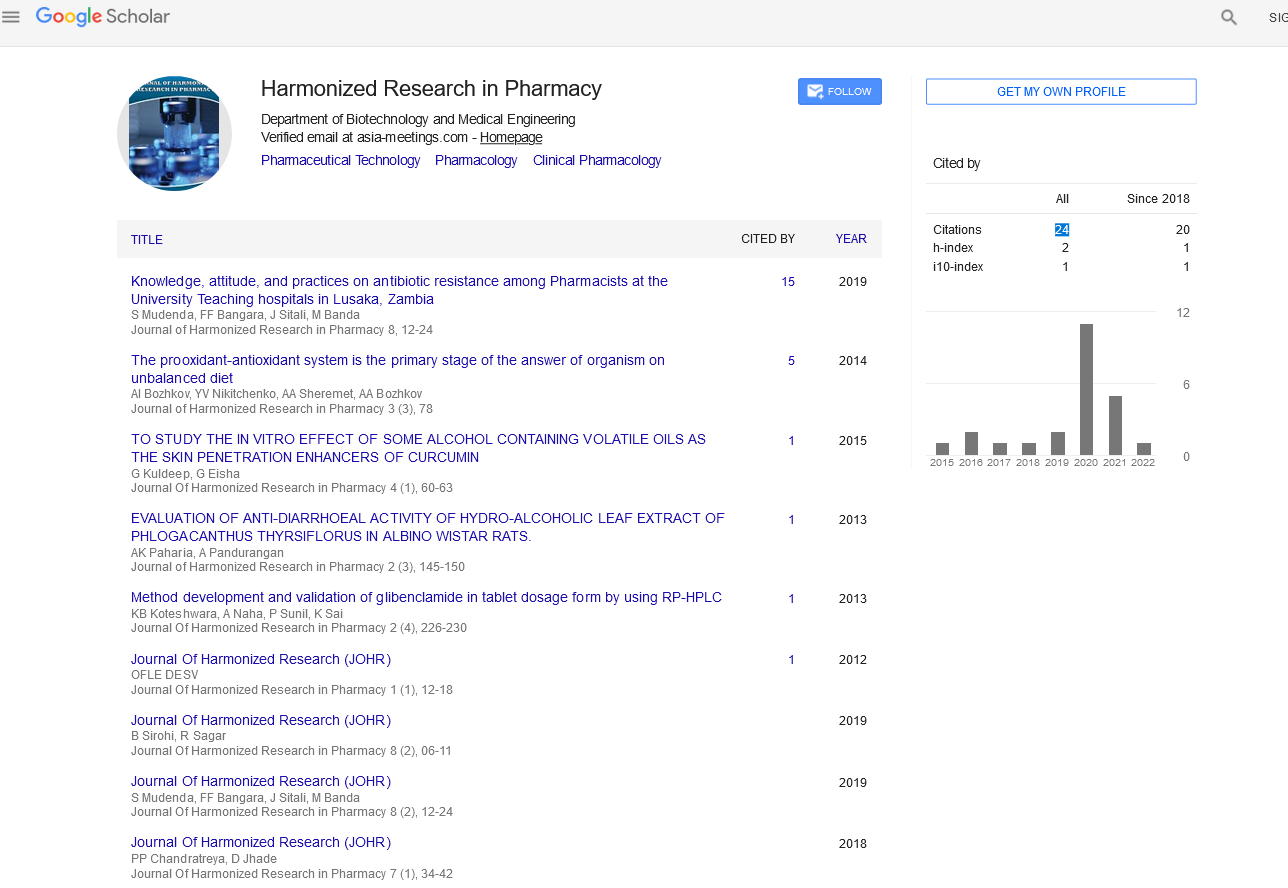FACTORS AFFECTING ADHERENCE IN ASTHMA CHILDREN?S AND ASSESS THE IMPACT OF PATIENT COUNSELING
Abstract
Author(s): Arul Prakasam K C* Sethilkumar N
Objectives: To study the adherence in Asthma children’s and to assess the factors contributing to non-adherence. Methodology: A total of 368 patients with bronchial asthma were studied over a period of two years at two different hospitals in Tamilnadu in India. Once included in the study, patient’s follow-up was done for three months. Percentage adherence therapy was calculated. If patient was non-compliant to the therapy, were employed various health education strategies to improve the adherence in these patients. Results: A total of 368 patients with bronchial asthma who were started therapy over duration of two years were included in the study. At the end of three months, it was observed that, 344 patients (93.49%) were having non-adherence. Factors that were associated with poor adherence were: lower educational level status, poor socio-economic status, cumbersome regimens, fears about side effects, anger about condition or its treatment, forgetfulness or complacency and patient’s ill attitudes toward health. After employing various strategies for improving patients, the adherence rate improved patients in 142 patients (41.27.3%) among the earlier non-adherence patients, while the remaining 202 patients (58.72%) were found to be non-adherence even after various educational techniques. Conclusions: Non adherence in asthma management is a fact of life and improving strategy probably will be as effective as a good physician–patient relationship. We observed, despite institution of various education strategies, it is difficult to improve adherence towards aerosol therapy in patients with bronchial asthma. Key Words: Bronchial asthma, Non-adherence, Health education

Google Scholar citation report
Citations : 147
Journal of Harmonized Research in Pharmacy received 147 citations as per google scholar report









